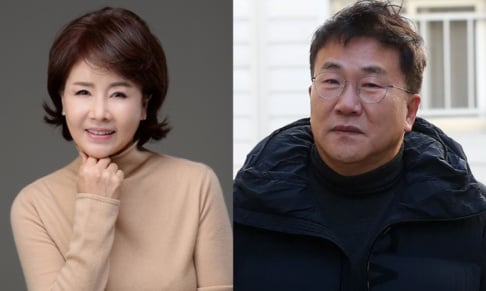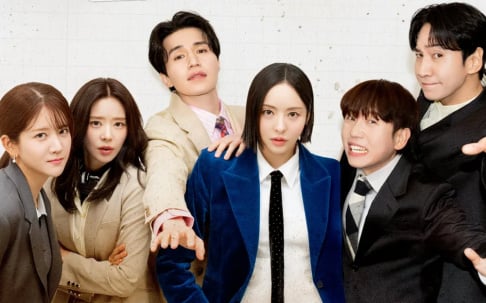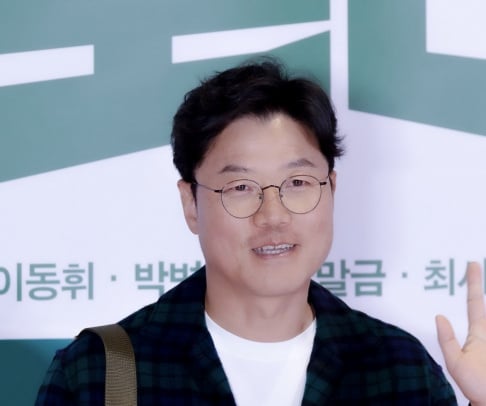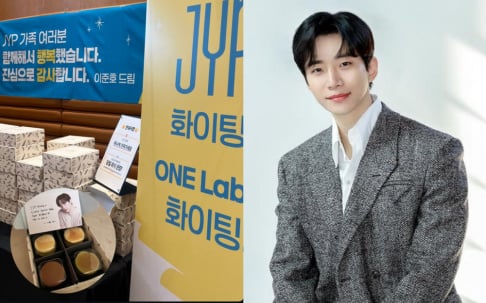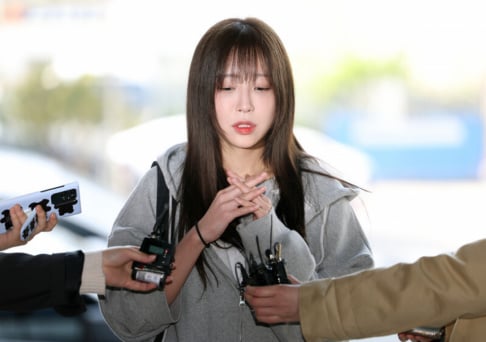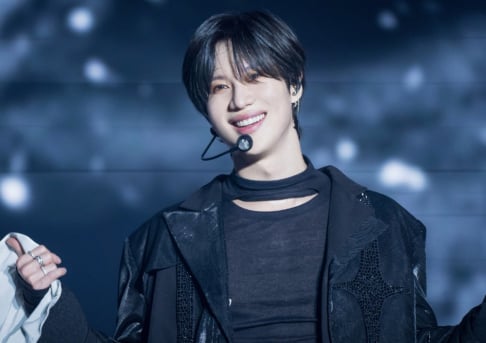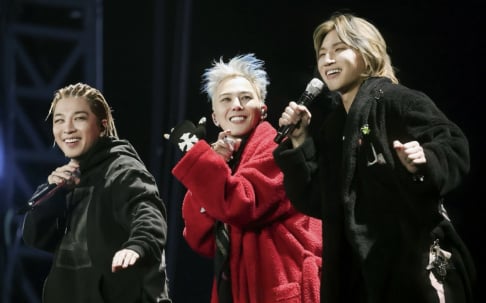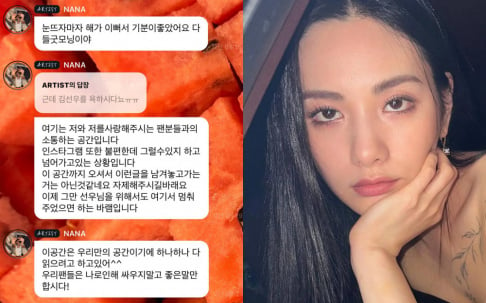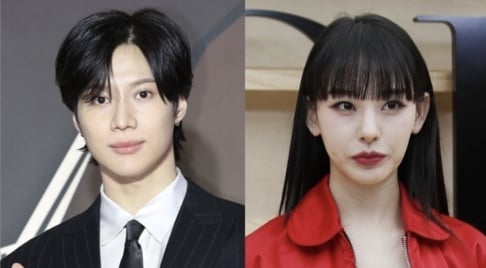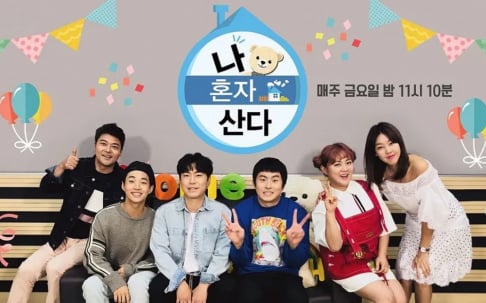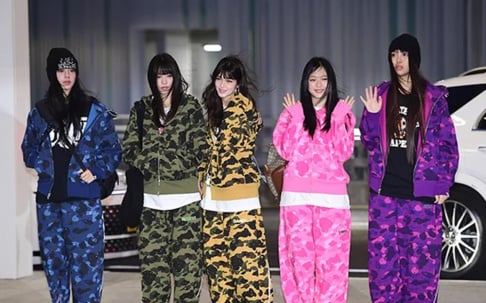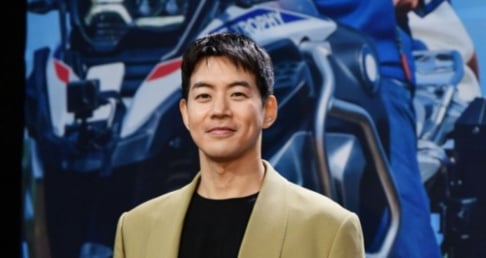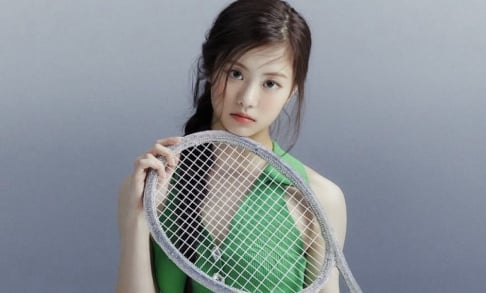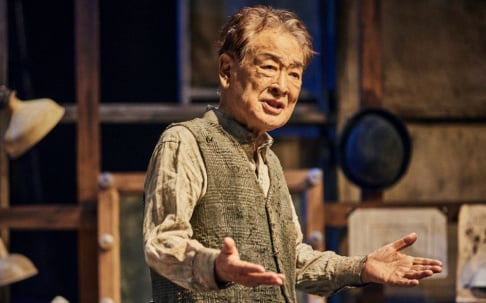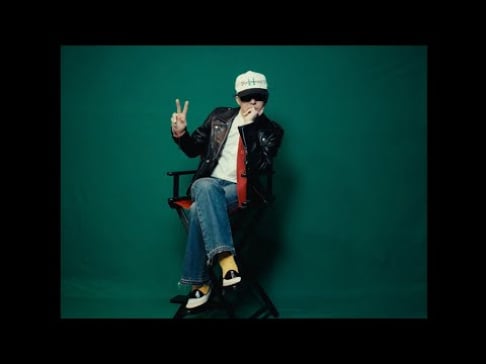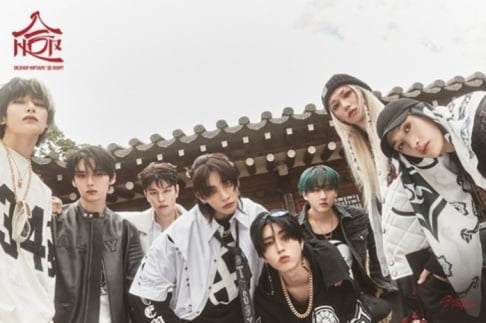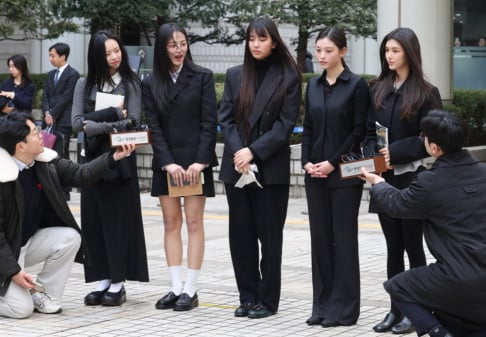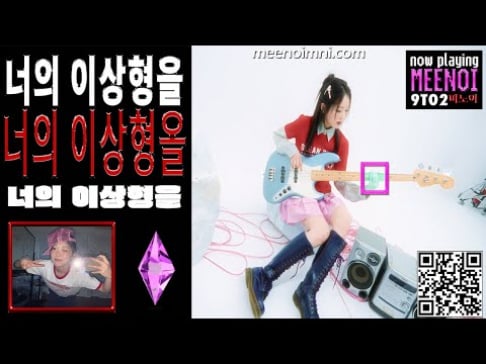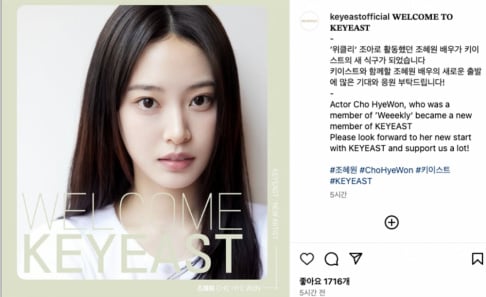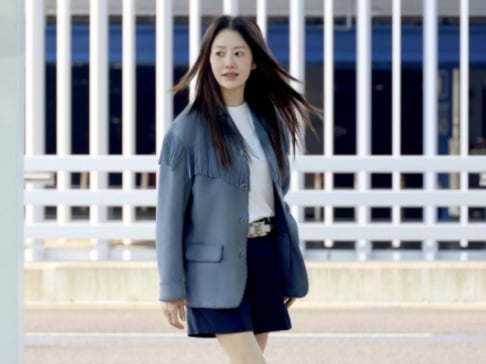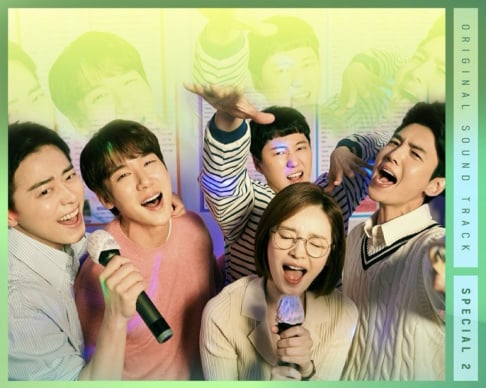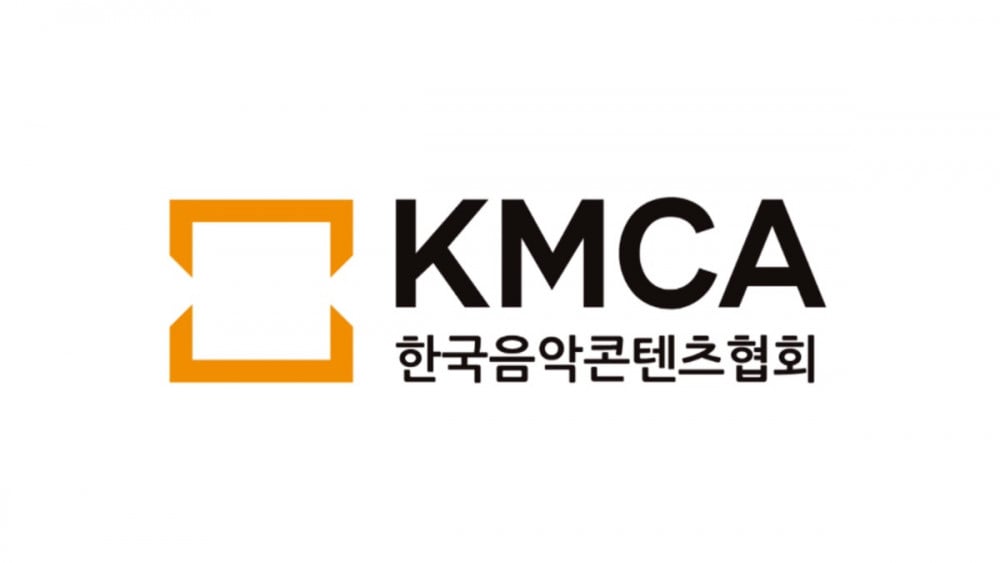
Previously in September of last year, National Assemblyman Kim Jun Hyuk of the Democratic Party of Korea proposed an amendment to the 'Act for the Development of the Popular Culture and Arts Industries', calling for the reduction of maximum working hours for teenage entertainers including K-Pop idols, trainees, and child actors. The bill stipulates that teenage entertainers should be subject to the same limitations as outlined in the 'Labor Standards Act', and that different limitations should be applied to different age groups.
Under current laws, teenage entertainers aged 15 and older are allowed to work up to 46 hours per week. However, the 'Labor Standards Act' limits the working hours of teenagers in the same age group to a maximum of 40 hours per week. The proposed amendment would then reduce the maximum working hours for teenage entertainers aged 15 and older from 46 hours to 40 hours per week.
Now, on February 13 KST, the Korea Music Content Association (KMCA) issued an official statement opposing this amendment, claiming that the amendment is being pushed "without sufficient discussion with the recording industry" and "portrays the entire music industry as unfair without a proper examination of the industry's current environment."
The KMCA statement is as follows:
1. We ask for the reconsideration of the regulation to 'Restrict Working Hours for Teenage Entertainers'.
The proposed amendment, which limits the working hours of teenage entertainers (hereinafter referred to as 'teen artists') by subdividing their age groups, is a bill that disregards the realities of the industry.
In the case of idols, who are at the forefront of K-culture, a single group often consists of members of various ages. If legal restrictions impose different working hours based on age, it would inevitably create discrepancies in the allotted activity hours of each member, significantly hindering group activities and making normal operations practically impossible.
Broadcasting networks and production companies, which typically invest a set amount of time for content creation, may begin to avoid casting teen artists in restricted age groups. Furthermore, the amendment would significantly hinder critical promotional activities such as album releases, concerts, and overseas performances, ultimately weakening the global competitiveness of South Korea’s pop culture industry.
Fundamentally, such regulations contradict the principle of fairness in legal application.
Without a legitimate reason, this amendment would create an unfair distinction between teenagers striving for academic achievement—often studying late into the night—and those pursuing their dreams as global entertainers.
This bill has the potential to severely obstruct the growth of the popular culture and arts industries. If implemented, it is clear that we may no longer see the rise of groups like the next BABYMONSTER or IVE.
2. We ask for the reconsideration of the regulation to 'Protect the Rights and Educational Opportunities of Teenage Artists'.
This amendment has been reintroduced is to protect the rights of teenage entertainers. The industry fully agrees with the legislative intent behind this initiative.
However, the K-Pop industry has long undertaken self-regulatory efforts to establish detailed guidelines for protecting teenage artists. We have been at the forefront of initiatives to respect the rights of teenage artists by implementing measures such as requiring prior consent from both teenage artists and their legal guardians, should the artists face limitations when participating in general school curricula or in late night activities. Moreover, the industry strictly adheres to the current 'Popular Culture Industry Act', which already limits the working hours of entertainers under the age of 15.
At the same time, the concept of 'rights to educational opportunities' for teenagers needs to be reinterpreted to align with the realities of the K-Pop industry.
Educational rights should not be confined solely to the completion of a standardized school curriculum. The artist training programs implemented by most entertainment agencies today include professional instruction in vocal performance, songwriting, dance, and foreign languages. Most teenage artists are enrolled in specialized arts middle and high schools, where agency training programs and entertainment activities can actually serve as opportunities for advanced learning and hands-on practice within their chosen fields.
Every teenager has unique aspirations and should have the freedom to develop the skills necessary to achieve their dreams. Forcing aspiring K-Pop artists to follow a rigid, standardized school curriculum would infringe upon this diversity and limit their potential growth.
3. We ask that the National Assembly pursue amendments which accurately reflect the current realities of the cultural industries.
When formulating policies for various industries, the National Assembly and the government must thoroughly assess the industry’s current state and actively gather input from stakeholders to develop and implement well-rounded policies.
K-Pop artists are performing on a global stage, enhancing the national brand value of South Korea. For instance, last year alone, K-Pop album exports reached 16 million copies, demonstrating continued growth and contributing significantly to the country’s export industry. Therefore, a hasty push for regulations without sufficient discussion with industry stakeholders could weaken K-Pop’s global competitiveness.
Moreover, it is deeply concerning to see a few isolated cases being generalized to represent the entire industry. The popular music sector recognizes its responsibility to develop the K-Pop industry in a way that is fair and sustainable, and it has continuously strived to do so. This commitment stems from an awareness that K-Pop’s current status has been achieved thanks to the support and enthusiasm of the public.
Thus, South Korea's popular music industry will continue to pursue the sustainable growth of K-Pop, striving to meet the expectations of the public.
2025. 2. 13.
SEE ALSO: BABYMONSTER sits down with BuzzFeed Celeb to play 'Who's Who'
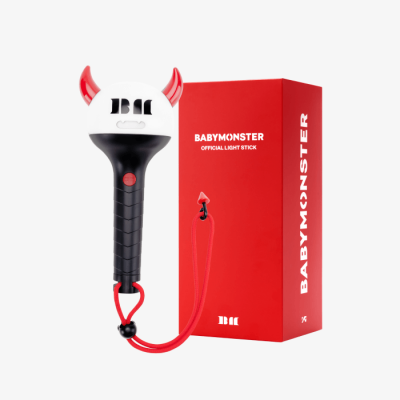
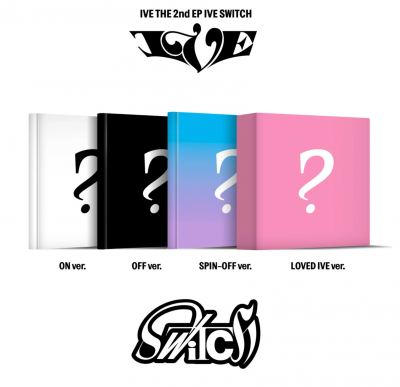
 SHARE
SHARE




